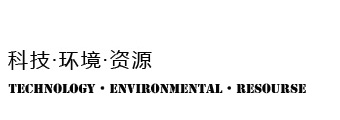Europe Is Illegally Shipping Its Used Electronics to Nigeria
We are always looking for that next upgrade for our devices, whether it’s because we love shiny new things, or because planned obsolescence means our current devices stop working more quickly than before.
The result: a gigantic pile of junk. And it’s a massive, global problem.
Used smartphones, computers, and tablets — e-waste, for short — are nearly impossible to recycle, and increasingly difficult to disassemble into their components.
In Europe (that’s all of Europe, plus Russia), where consumers throw away about 12.3 million tons of electronics per year, nations first threw these devices into landfills, until they realized the heavy metals were polluting the air, soil, and water, sickening people living nearby. Then they tried recycling them — indeed, sometimes the components are extremely valuable — in some instances, far cheaper than mining. But taking them apart still proved too difficult, and labor intensive.
Now, they’re making the unwanted, discarded devices someone else’s problem: EU countries are shipping tens of thousands of tons of used electrical and electronic equipment every year to Nigeria’s busy ports, according to a new study from United Nations University, funded by the U.S. Environmental Protection Agency, and the German Federal Ministry for Economic Cooperation and Development.
In fact, the study found 60,000 tons of e-waste in total were making it to Nigeria every year. 77 percent of that is from EU countries; the rest is mostly from the U.S.
European exporters are doing this in a sneaky way. They are sending containers full of used cars (an actual desirable import for Nigeria) in which every spare space is taken up by discarded electronics, according to the study (there are other routes of import, but this is how about 70 percent of the e-waste ends up in Nigeria, the study found).
Importing and exporting e-waste into Nigeria is illegal according to the United Nations Basel Convention since 2002.
Many of the imported goods (TVs, fluorescent lamps, and other displays with backlights) contain hazardous materials such as mercury, cadmium, and lead. If set on fire, as much e-waste is in an effort to rapidly recycle its valuable parts, they could pose a significant health risk to Nigerian importers, and handlers.







Leave a Comment